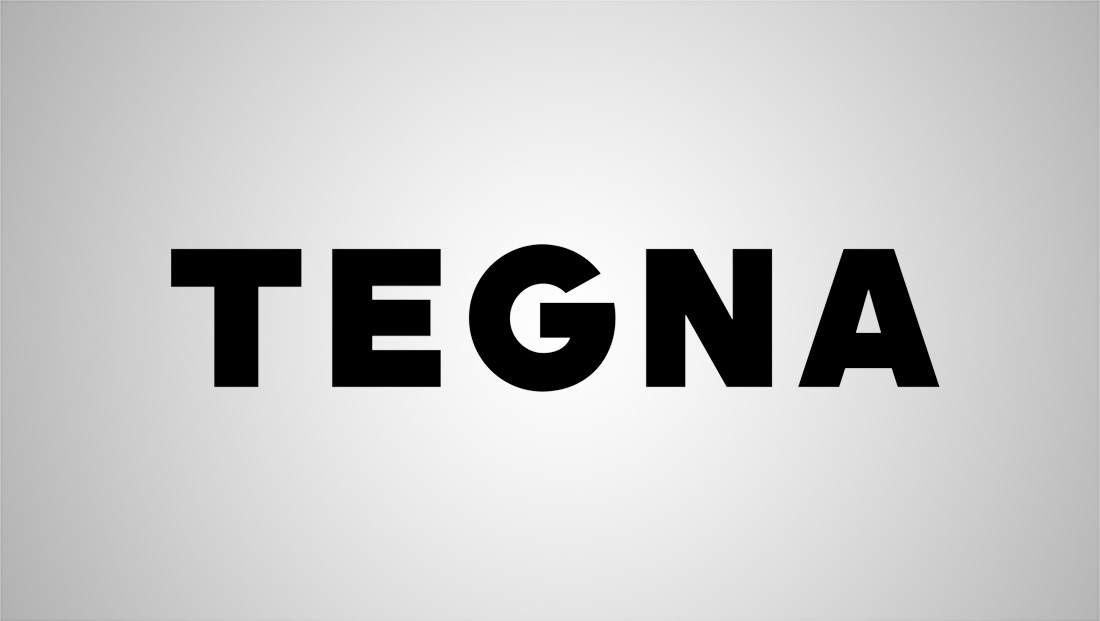Standard General and advanced talks with Tegna
By MixDex Article may include affiliate links

Television stated group Tegna is reportedly in advanced talks with one of its biggest shareholders to sell the company.
According to Bloomberg reporting, Tegna has restarted talks with Standard General to buy the broadcasting company outright, possibly with the backing of Apollo Global Management.
The companies have reportedly offered $24 a share.
This isn’t the first time Standard General and Apollo has come calling — it reportedly offered $22.65 per share back in September 2021, Bloomberg also reported.
Byron Allen also partnered with Ares Management to offer $23 a share for Tegna in 2021.
Tegna owns 64 TV stations across the U.S. and has fielded multiple purchase offers in the past. Interest in the company waned as the coronavirus pandemic hit the world, significantly cutting TV station revenues as advertising dried up.
Standard General is a hedge fund that owns a large stake in Bally’s. It previously held stakes in Young Broadcasting, which would eventually become Media General. Bally’s, meanwhile, has a deal with Sinclair Broadcast Group, to license the Bally’s name for its regional sports network and partner on a variety of sports betting ventures.
It was also slated to buy a handful of stations after a proposed Sinclair-Tribune merger in 2018, but that deal fell apart later in the year. Tribune would eventually sell its broadcasting division to Nexstar Media Group, which in turn had to sell off several stations, several of with Tegna picked up.
Tegna was formed in 2015 when Gannett, which had been running both its publishing and TV and digital properties under one company, spun off the broadcast business into “New Gannett,” which was given the name Tegna.
The print division would retain the Gannett name in whole, but technically was the new company on the block, with shares in “Old Gannett” being covered to Tegna shares.
This occurred during a trend in large, publicly owned media companies to split their print and TV properties. This strategy triggered many changes in ownerships of TV station groups.
Popular Searches
- TV Industry News
- Broadcast Engineering News
- Broadcast Design News
- TV Talk Shows
- TV Syndication
- TV Advertising
- TV News Jobs
- TV Industry Mergers and Acquisitions
- TV Anchors
- Cable News
- Late Night TV
- TV Syndication News
- Broadcast Industry News
- TV News Drone Journalism
- TV News Augmented Reality
- TV Weather Forecasting
- TV News Journalism
- TV News Ethics
- OTT News
- News About NBC
- News About CBS
- News About ABC
- News About CNN
- News About MSNBC
- News About Fox News

